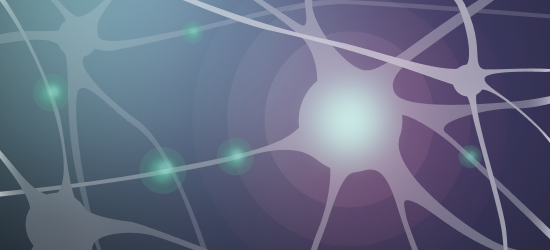Sympathetic vs. Parasympathetic Nervous System: Unveiling the Balance Within
In the intricate web of the human body’s functions, the sympathetic and parasympathetic nervous systems play a pivotal role. These two components act as yin and yang, balancing and regulating various bodily functions. In this comprehensive article, we will delve into the sympathetic vs. parasympathetic nervous system, exploring their differences, functions, and the crucial balance they maintain.

Understanding the Nervous System
Before we plunge into the comparison, let’s grasp the basics of the nervous system:
Nervous System Overview
The nervous system is a complex network of nerves and cells that transmit signals throughout the body. It’s the body’s communication system, ensuring all parts work in harmony.
Sympathetic Nervous System
Fight or Flight: The Sympathetic Response
The sympathetic nervous system is often associated with the “fight or flight” response. Here’s how it works:
Activation Triggers
When your body senses a threat or stressor, the sympathetic nervous system kicks in, preparing you to face the challenge.
Physiological Changes
This activation leads to a cascade of physiological changes, including increased heart rate, dilated pupils, and heightened alertness.
Role in Emergencies
The sympathetic system’s primary role is to provide the body with the energy and resources needed to respond effectively in emergencies.
The Downside of Sympathetic Dominance
While the sympathetic response is vital in emergencies, prolonged activation can have detrimental effects on health.
Chronic Stress
Constant stress can lead to chronic activation of the sympathetic system, causing health issues such as hypertension and anxiety.
Parasympathetic Nervous System
Rest and Digest: The Parasympathetic Response
On the opposite side, the parasympathetic nervous system promotes relaxation and recovery.
Activation Triggers
The parasympathetic response is triggered when the body perceives safety and a lack of immediate threats.
Physiological Changes
This state induces a slowing down of heart rate, enhanced digestion, and an overall sense of calm.
Role in Recovery
The parasympathetic system allows the body to recover and replenish its resources after periods of stress.
Striking the Balance
The Delicate Equilibrium
For optimal well-being, it’s essential to strike a balance between these two systems.
Health Implications
An imbalance can lead to various health issues, highlighting the importance of equilibrium.
Sympathetic vs. Parasympathetic: A Recap
A Comparative Overview
Let’s summarize the key differences between the sympathetic and parasympathetic systems.
Activation
- Sympathetic: Triggered by stress and emergencies
- Parasympathetic: Activated in safe, relaxed situations
Physiological Effects
- Sympathetic: Heightened alertness and energy
- Parasympathetic: Relaxation and recovery
The Role of Mindfulness
Cultivating Awareness
One way to maintain balance is through mindfulness practices that allow individuals to regulate their nervous systems consciously.
Conclusion
In the intricate dance of human physiology, the sympathetic and parasympathetic nervous systems perform their roles diligently. The sympathetic system prepares us for action, while the parasympathetic system nurtures recovery and relaxation. Striking a balance between these two systems is essential for our overall well-being.
FAQs
FAQ 1: Can chronic stress permanently damage the sympathetic nervous system?
Chronic stress can indeed have long-term effects on the sympathetic nervous system, potentially leading to health issues like hypertension and anxiety.
FAQ 2: How can I activate my parasympathetic nervous system?
You can activate your parasympathetic nervous system through relaxation techniques such as deep breathing, meditation, and gentle exercise.
FAQ 3: Is it possible to have an overactive parasympathetic nervous system?
Yes, an overactive parasympathetic nervous system can lead to symptoms like excessive fatigue and digestive issues.
FAQ 4: Are there any medications that can balance the sympathetic and parasympathetic nervous systems?
Certain medications and therapies may help balance the sympathetic and parasympathetic nervous systems, but it’s crucial to consult a healthcare professional for personalized guidance.
FAQ 5: What are some practical tips for maintaining a healthy balance between the sympathetic and parasympathetic nervous systems?
Practical tips include managing stress, getting regular exercise, maintaining a balanced diet, and practicing mindfulness techniques to promote equilibrium between the two systems.



